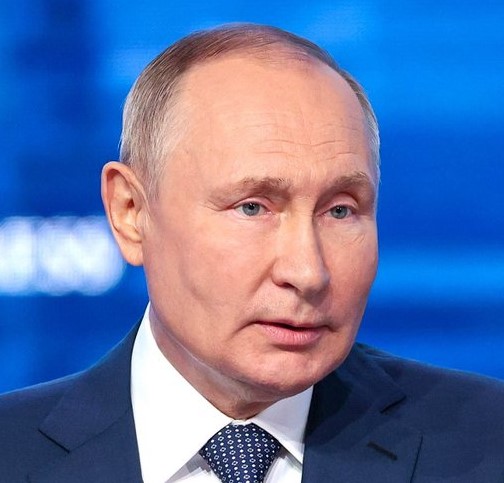Some large banks in China have stopped accepting payments from Russia

The largest bank in China , ICBC, as well as China Citic Bank, Industrial Bank and Bank of Taizhou, have stopped accepting payments in yuan from Russia, a source told Izvestia and was confirmed by the general director of the business council at the Chamber of Commerce and Industry (CCI) of Russia Alexey Egarmin.
The newspaper recalls that the situation with payments from Russia to China sharply worsened at the end of March. Izvestia’s source clarified that about 80% of transactions did not go through and were returned. According to him, the list of Chinese credit institutions that have stopped accepting yuan from Russia has expanded to four more organizations, including the largest ICBC.
Izvestia already reported at the end of February that ICBC, as well as China Construction Bank (CCB) and Bank of China, had stopped accepting payments from Russia. These banks rank first, second and fourth in terms of assets in China. ICBC and CCB banks reject all payments received from sanctioned banks, regardless of what interbank transfer system is used, the newspaper’s source clarified.
Egarmin confirmed this information. He pointed out that payments for industrial goods have become especially complicated. At the same time, China can still skip transactions for ordinary consumer products.
The publication's source also reported that Bank of China also introduced new restrictions: now only a small proportion of transactions pass from Russia to this bank. He emphasized that today sending yuan to China is a big problem. Because of this, importing equipment in April turned out to be extremely difficult and nothing will change in May. First of all, the difficulties concern the largest banks of the PRC, but mainly small Chinese financial organizations are now working with Russia, the interlocutor noted.
As Alexey Razumovsky, commercial director of the Impaya Rus company, clarified to Izvestia , small players are also beginning to follow the example of large banks and introduce tightening measures. Chinese credit institutions, according to him, began to return about 70-80% of transactions: at first the payment hangs for a long time, the client is asked to fill out additional forms, verification continues, and then the transaction is refused. The reason is not explained, the expert emphasized.
The new restrictions are associated with the risk of secondary restrictive measures, explained Alexey Poroshin, General Director of First Group JSC. He explained that, despite Russia’s friendship with China, Chinese banks are not ready to enter into full confrontation with Western countries. According to Poroshin, the market has already begun to restructure itself to conduct transactions through third countries and payment agents. So, for example, money goes from Russia in rubles to a friendly state. And then from a company not connected with Russia, yuan are sent to China, the expert explained.
In mid-January, Bloomberg wrote about Chinese state-owned banks tightening restrictions on working with Russian clients. At least two banks have begun checking their Russian partners, planning to sever relations with those who cooperate with the Russian military-industrial complex or help sanctioned persons.
Agency sources linked these measures to the US decision to introduce secondary sanctions against foreign banks and other financial institutions involved in transactions related to supplies for the Russian defense industry.
In early February, the Chinese bank Chouzhou Commercial stopped settlements with Russia and Belarus, Vedomosti reported, calling it the main settlement center for Russian importers due to its relatively lax compliance and geographic location. The problem affected not only the SWIFT system, but also the Russian SPFS, as well as the Chinese CIPS. Due to the refusal to make payments, it became known that some transactions had failed.
The US-China trade balance is much larger than between Russia and China, and therefore banks and state corporations refuse risky transactions, Poroshin explained then.
In addition to China, Russia encountered difficulties with making payments with Turkey and the UAE; payments from Russia to Kazakhstan began to be processed with delays of two to three weeks, Izvestia writes. Russia condemns and considers Western sanctions illegal. The country has the necessary potential to overcome difficulties in trade and economic relations with China, which are associated with secondary US and EU sanctions , noted presidential press secretary Dmitry Peskov .























































